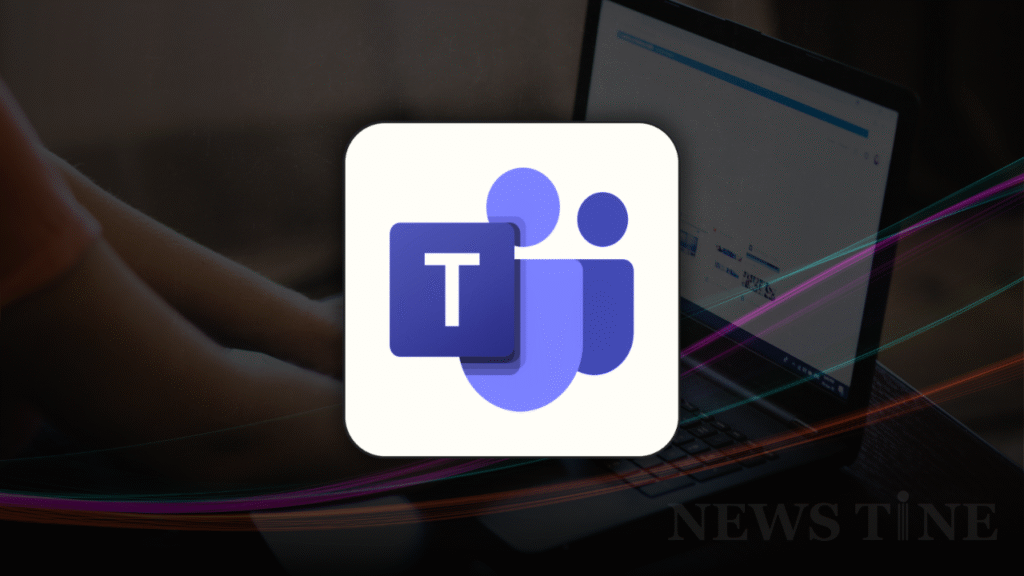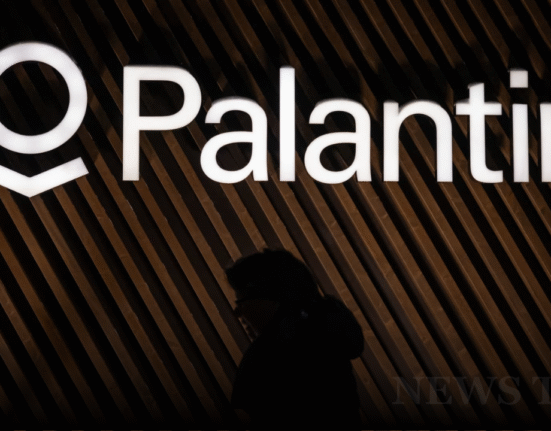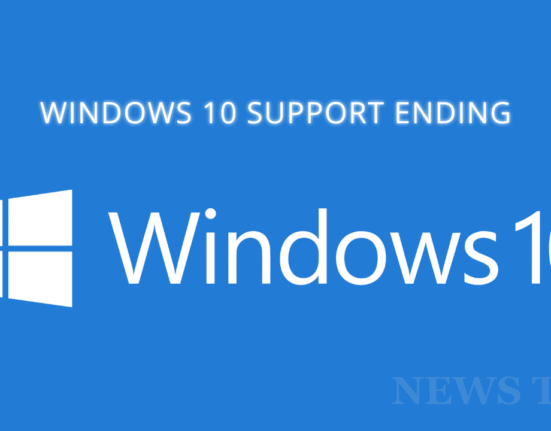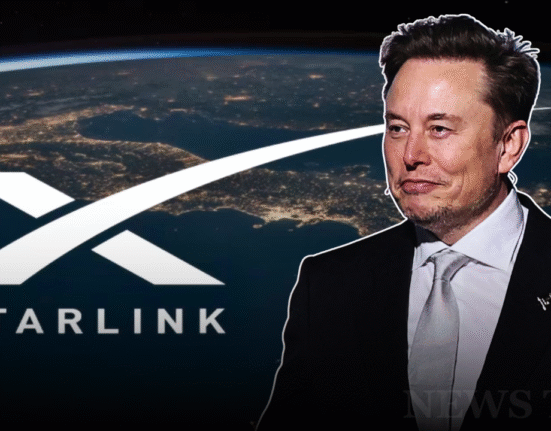
Microsoft just dodged what could have been a hefty EU fine and it all came down to Microsoft Teams bundling. After years of complaints, investigations, and corporate back-and-forth, the European Commission has decided to accept Microsoft’s commitments instead of imposing penalties. The complaint, originally filed by Slack back in 2020, accused Microsoft of unfairly tying Teams to its Office productivity suite.
Now, instead of writing a massive check, Microsoft is rewriting some of its rules. Let’s break down what actually happened, why it matters, and how this could change the tech landscape in Europe.
The Background: Slack vs. Microsoft
The story starts in July 2020, when Slack filed a complaint with the European Commission. The allegation? Microsoft was:
- Automatically installing Teams with Office 365 and Microsoft 365.
- Blocking its removal, making it hard for businesses to switch.
- Masking the “true cost” of Teams by embedding it in the productivity suite.
Slack’s then-CEO Stewart Butterfield described it as an “illegal tie” designed to shut down competition at the very moment when remote work and video calls were exploding during the pandemic.
By 2023, the EU formally opened an antitrust investigation, and Microsoft began to unbundle Teams in Europe. Fast forward to today, and we finally have the Commission’s verdict.
The EU’s Decision: No Fine, But Major Commitments
Instead of a fine, Microsoft agreed to a package of commitments that will stay in place for 7–10 years.
Here are the 4 biggest changes:
- Office without Teams at a lower price
Businesses can now buy Microsoft 365 or Office 365 without Teams baked in. And yes, it will cost less. - Switching options for existing customers
Companies with long-term licenses can move to Teams-free versions of Office. - Better interoperability
Competing apps like Zoom, Google Meet, or Slack will be able to integrate more smoothly with Office. - Data portability
Customers can move their Teams data to other platforms — making it easier to switch without losing critical information.
These commitments will be monitored by EU regulators: 7 years for most rules, and 10 years for interoperability and data portability.
Why It Matters for Businesses
For organizations across Europe, this decision means more choice. As Teresa Ribera, European Commission VP, explained:
“Today’s decision opens up competition in this crucial market, and ensures that businesses can freely choose the communication and collaboration product that best suits their needs.”
In short, you don’t have to stick with Teams just because it came pre-packaged.
What It Means for Microsoft
- No fine: Microsoft avoided the financial penalty that many expected.
- Global shift: Microsoft already spun off Teams globally in 2024 so this isn’t just about Europe anymore.
- Reputation management: By cooperating, Microsoft avoids a drawn-out legal battle and shows a willingness to adapt.
Still, critics argue that this move comes years late. By now, Teams already has a massive user base, partly thanks to being bundled by default.
The EU vs. Microsoft saga over Microsoft Teams bundling has ended not with a bang, but with commitments. While Slack may not have gotten the punishment it hoped for, the decision could open doors for fairer competition in the collaboration tools market.






